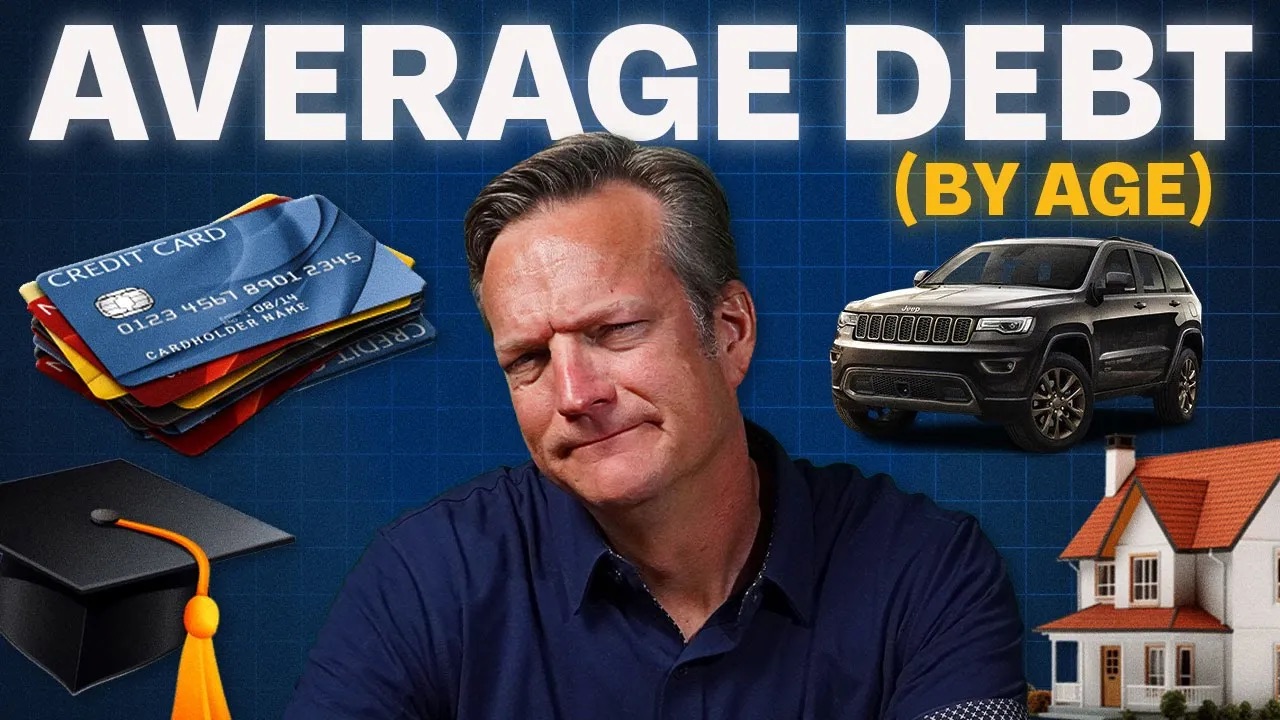Question from Brandon: He says, "This is an interesting one. I'm excited to see what you're going to say about this." He asks, "Can we introduce some nuance for financial mutants? If we have a higher income in our 20s and invest over 30 percent, would Brian still say to avoid a luxury car even if we can pay it in one year, same as cash? You know, this is back to the
Financial Order of Operations. I mean, I would go, you know, download the free resource, download, you know, or go buy the course
moneyguy.com/resources, because I'm actually the opposite of this. And one of my favorite things about what I get to do for a living is that I think a lot of people assume that a financial advisor is all about the 'no,' because you listen to me, Suze Orman episodes or something where she's like, 'No, you can't go on vacation. You can't do this. You can't do that.' I actually love in my job more often than not, I'm telling people, 'Yeah, go spend your money, go do something with it.'
I tell people, here's all I would say on this. For somebody who's in their 20s, who has a great income coming in, you better know when you actually want to retire. If you're more of a traditionalist and you think you're going to retire at 60, 65. Um, by the way, a great resource on this, go to learn.moneyguy.com. We have the
'Know Your Number' course. If somebody has a traditional date of retirement, there's a reason I have the 25 of your gross income to free you up, because, you know, some of it was a traditional retirement date of 60 to 65. You can easily accomplish that if you're in a high-income situation in your 20s. By doing that, if you reach 25, I'm not going to pick on you if you go buy a nice car, especially if you can pay it off within a year to do that. I don't know if I would do it that way because I know how powerful those dollars are, but I give you permission to consider that.
What I don't want to have happen, though, is you or somebody who's in your 20s and you're under this impression that you're going to retire when you're 48 years old. If you think you're going to retire at 48 or 50 years of age, you've got to be saving more than 25 years. Even 30 might not be enough, like you said you're currently doing. And then, for sure, the car is not going to make sense on that. Because that's why we did the illustration on a recent episode, where we said, 'Hey, let's take a car that's getting a lot of press right now, which is the new Corvette. It looks like they pulled up an old Ferrari, and then they said, 'Hey, how can we make the Corvette look like a Ferrari?' and got everybody all hyped up and excited about it. And I think a lot of people are shocked when they find out that the typical purchase age for a Corvette is 61, 63. It's somewhere in that early 60s age. It's not the 25-year-old that we all envision when we're 16 years old and think we're gonna get out of that. I had that vision, I told you all that, and then I got to 25 and I was like, 'No way, no how. I know how valuable this money is.
I got other priorities in life, but it is one of those things because some people are car people. I mean, I've had friends that are car people, you know, have to have the latest and greatest car. Just know your why, know what the value is for you personally, and make sure you're reflecting and respecting not only where you're going, where you are, but you have your why and your priorities tied in together. Because I think a lot of people are focusing on the present bias, because that's a human nature thing. We focus on now versus the future. Deferred gratification is hard, but as long as you pay respect to the deferred gratification in the future and you know what your why is, if you've got a little bit extra, because look, you don't get to take it with you. I recognize that you don't get to throw it all in the casket with you.













